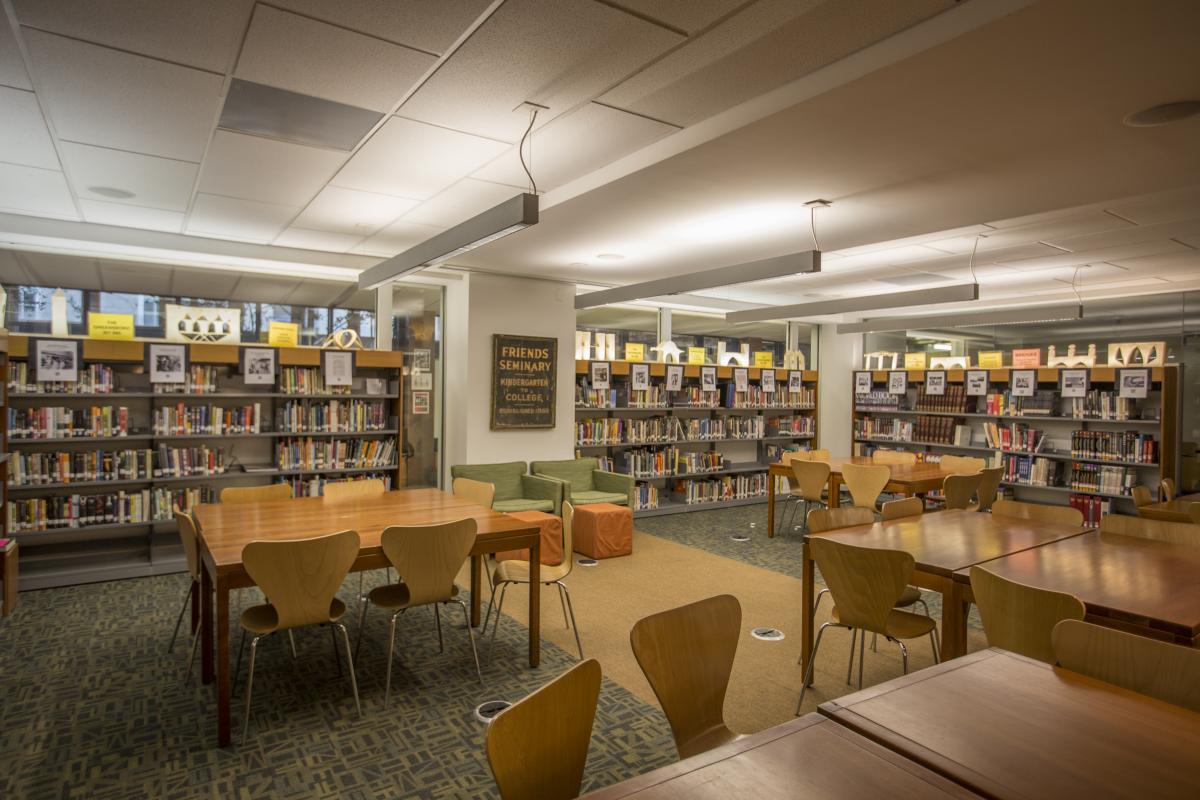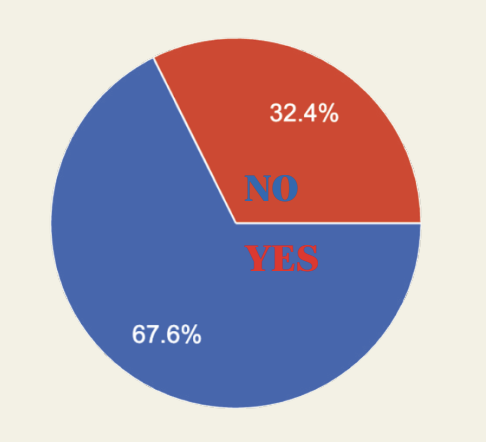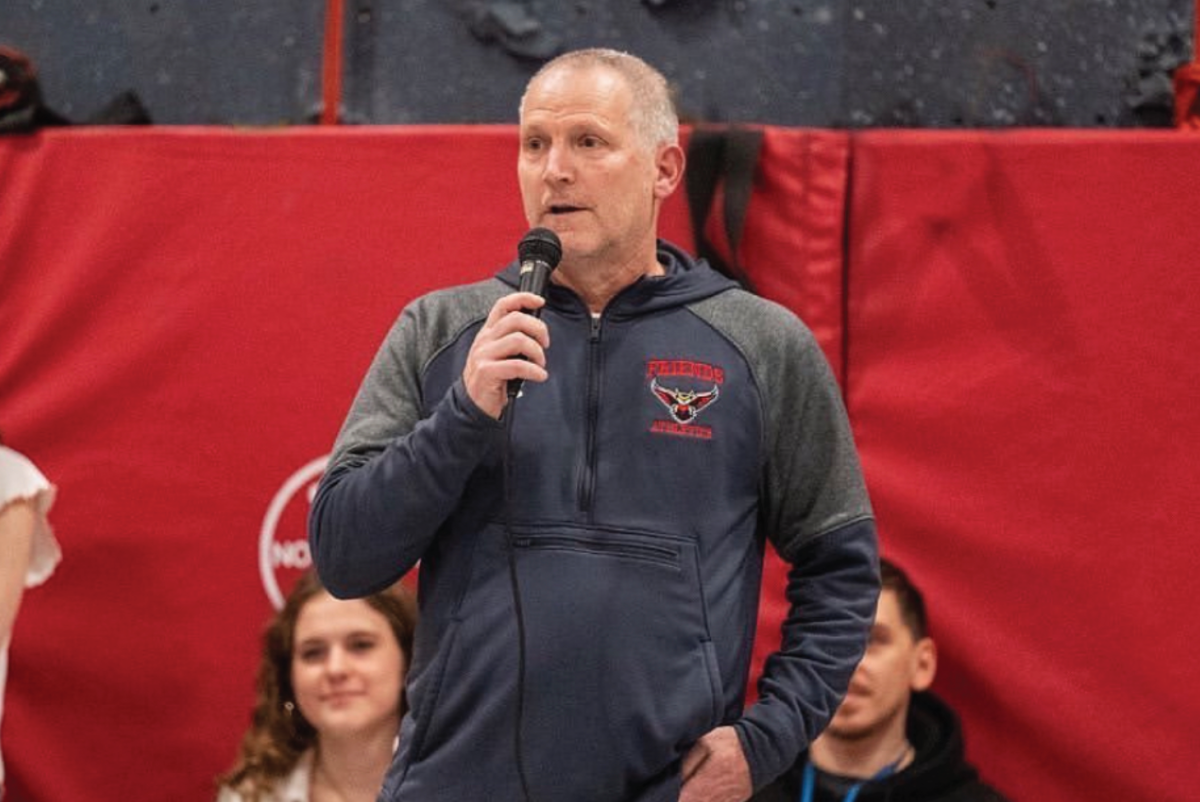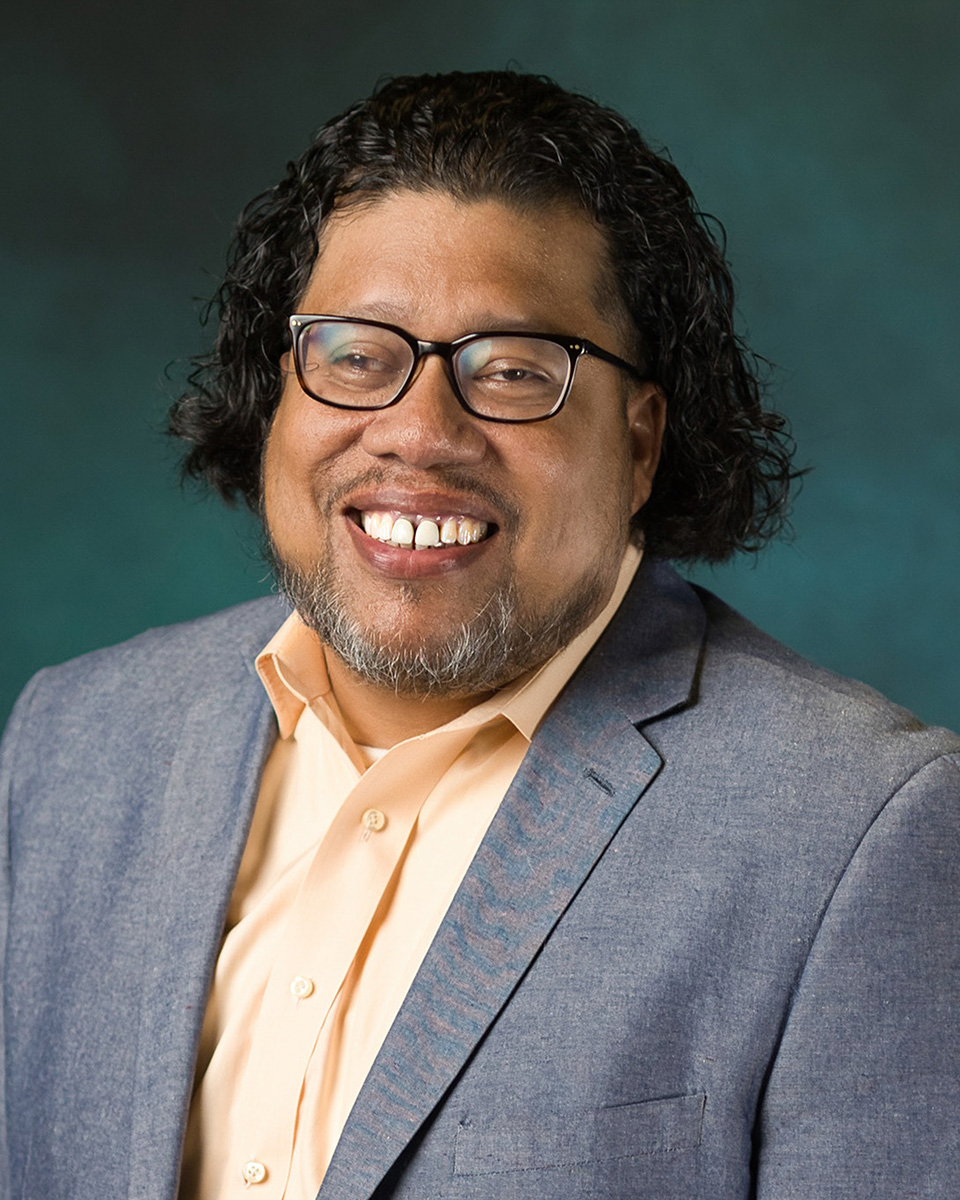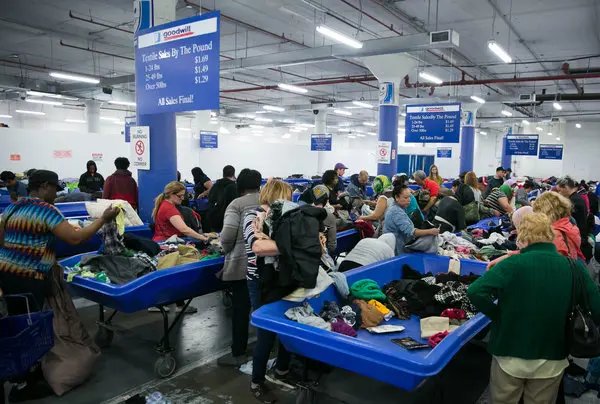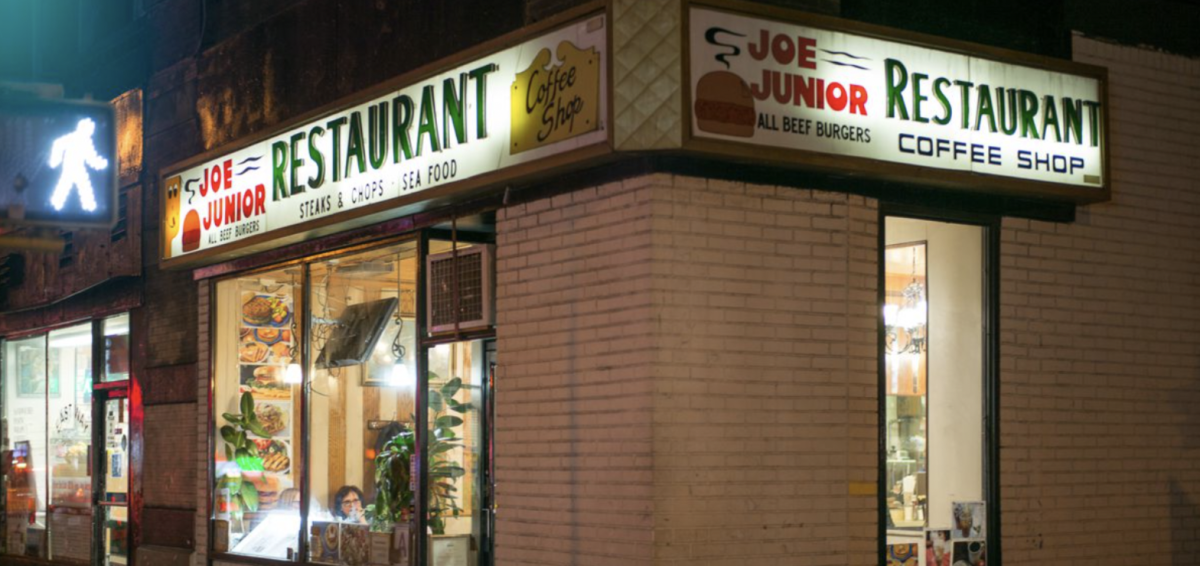On the morning of February 6, a magnitude 7.8 earthquake struck the southeastern Turkish city of Gaziantep, home to thousands of Syrian refugees, with strength so great that another magnitude 7.5 earthquake followed just hours later. Thousands of aftershocks hit at least ten provinces in Turkey including Adana, Hatay, Kahramanmaras, Malatya, and Sanliurfa, as well as major Syrian cities such as Aleppo, Latakia, Hama, and Idlib. This catastrophic earthquake, reaching depths of eleven miles, was one of the largest in magnitude the region has ever seen.
The earthquake left entire communities, including apartment buildings, schools, hospitals and other pieces of infrastructure in ruins, and thousands of people were found stuck under rubble, fighting for their lives. Voices could be heard screaming out for help from underground days after the shocks had occurred. Death rates rapidly began to climb, ultimately reaching nearly 50,000 lives lost. While Turkey was able to spearhead widespread recovery efforts, the casualties from this crisis only made matters worse for Syria, where the ongoing twelve-year conflict had already left 4.6 million people reliant on humanitarian assistance. Nonetheless, the global humanitarian response was significant. Efforts to provide aid reached from international governments and relief organizations all the way into the walls of Friends Seminary, where students and faculty gathered resources and supplies for those in need.
Working with the AFYA Foundation, Friends students set up bins in the lobby to be filled with medical supplies and other essentials to be sent directly to those affected by the earthquakes. Ben Goldwyn ‘25, one of the organizers of the drive, explained, “we collected for a week and filled a few storage bins of relief supplies. It was really nice to see everyone chip in.”
Although there is no denying that this was primarily a natural disaster, further investigation of political corruption in the region leaves some wondering if the devastation could have been mitigated. According to Foreign Policy Magazine’s data, the effects of earthquakes are deadlier in countries with higher rates of infrastructural corruption, an issue which has long been present in Turkey. Since 1985, building amnesty, a lax system of retroactively approving construction projects, has been used as a tool to overlook building irregularities and gain political favor. This ongoing issue worsened under President Recep Tayyip Erdogan, whose focus on constant construction, while valuable to the Turkish economy, may have also played a role in the destructiveness of this recent event. The rapid growth of the construction industry he incentivized resulted in negligent application of building regulations and little consideration of historical earthquake zones. Thus, unsafe infrastructure projects aimed to gain financial success and political favor may be exacerbating the harm that natural disasters inevitably inflict.

